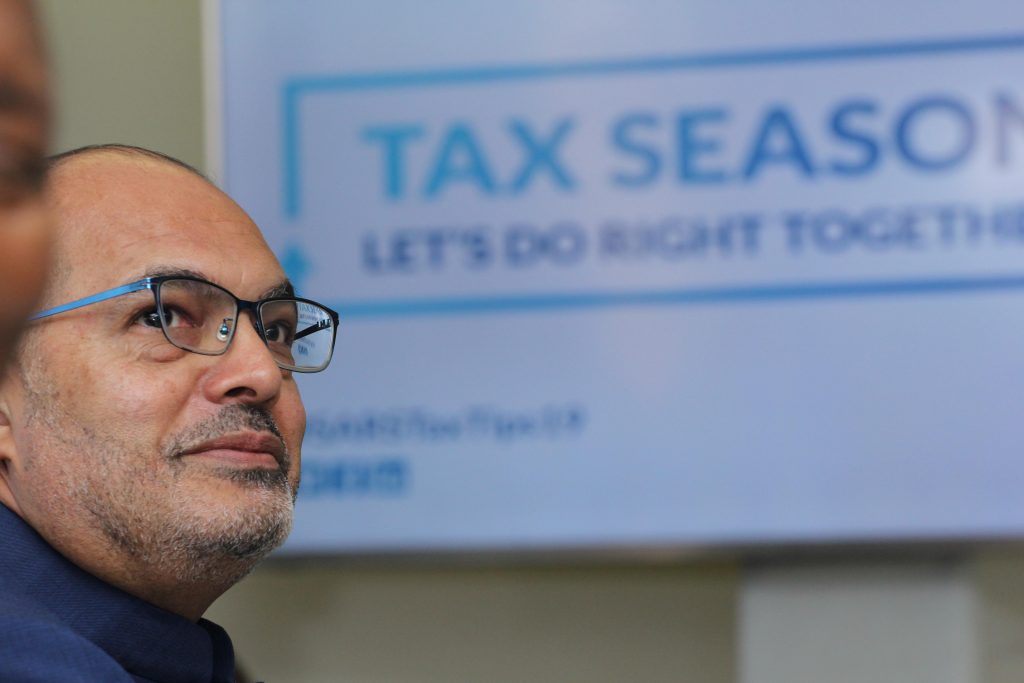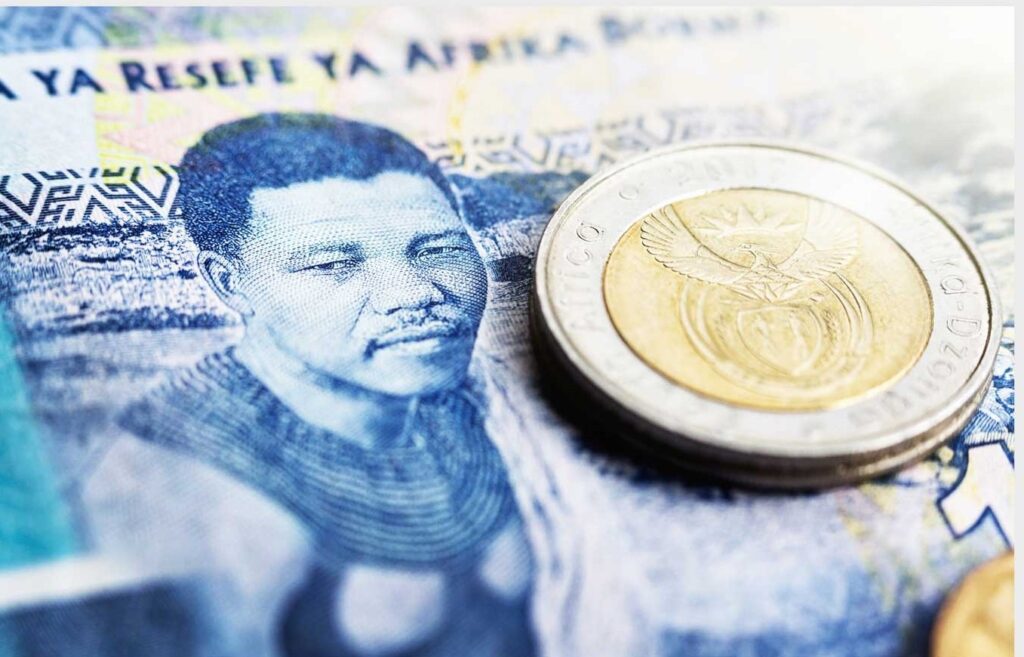The recently launched South African Market Surveillance Code of Conduct, spearheaded by Investec, aims to reinforce market integrity and investor confidence.
The code was three years in the making and involved extensive collaboration with regulators, market participants, and industry leaders.
It was handed over to the South African Institute of Stockbrokers (SAIS) in June and its principles readily adopted by market participants.
Nedbank will now oversee periodic reviews to ensure the code evolves with global standards, technology, and regulations.
The code establishes a framework defining “fit and proper” conduct for all participants in SA’s financial markets.
Its primary goals are to detect, deter, and address market abuse, manipulation, and illegal trading practices, positioning market surveillance against market abuse as the first line of defence against systemic risk.
By fostering transparency and fairness, the initiative aims to attract international investment, drive economic growth, and restore trust in a sector critical to the nation’s future. It could also assist SA in being removed from the Financial Action Task Force’s grey list, on which it was placed in 2023.
Collaborative
Happy Shihau, head of compliance at Investec Corporate and Institutional Banking, emphasises the collaborative ethos.
“It’s a continuous commitment to improvement. We engaged brokers, regulators, and industry bodies to unpack global best practices and co-design a framework that works for South Africa.
“Compliance isn’t competitive, it’s about building trust to attract capital.”
The code addresses modern challenges, such as monitoring risks in digital communication tools like WhatsApp, which surged in use post-Covid.
It encourages firms to record and oversee electronic interactions, ensuring alignment with global standards.
“We, at Investec, were navigating our own market surveillance journey to make sure we fully comply with regulations both locally and abroad,” adds Shihau.
“We realised that the regulatory regime is rather lean – we were coming out of Covid, then we were hit with the grey listing. We started to look at regulations globally and thought it would be good to bring some of these lessons to SA.
“There were risks that we and other players in the financial sector faced together. We engaged with brokers and other players to look at potential solutions for market abuse, rather than wait for regulators.
“Another purpose behind the development of the code was to create awareness. We wanted to unpack global best practices and bring those to life.”
A ‘living’ framework
Key to the code’s design is its adaptability.
Dubbed a “living document”, it will be updated regularly to reflect technological advancements, regulatory shifts, and market dynamics.
Unlike rigid rule-based systems, the code operates on broad principles, allowing firms of all sizes – from large institutions to smaller brokers – to implement tailored solutions.
Says Themba Maseko, head of Global Market and Investment Banking Compliance at Investec: “This code reflects our collective responsibility to uphold the highest ethical standards.
“Investors globally seek trusted markets. By committing to these principles, we protect stakeholders, foster accountability, and create a foundation for job creation and social progress.”
Industry-wide endorsement
The code has already garnered support from major stakeholders, including the Johannesburg Stock Exchange (JSE), A2X, the South African Institute of Financial Markets (SAIFM), Banking Association of South Africa (Basa) and the Public Investment Corporation (PIC).
This widespread backing underscores its relevance in addressing SA’s recent greylisting, signalling a commitment to exceed international compliance expectations.
Erica Bruce, president of SAIS, highlights the custodianship role: “We’re proud to champion this code. It’s about ensuring our markets are efficient, transparent, and fair. By educating stakeholders and transferring skills, we can build a financial system that reflects the integrity of all participants.”
Market integrity and ‘resilience’
The launch coincided with a conference uniting buy-side and sell-side stakeholders to discuss market integrity.
Sessions in Cape Town and Johannesburg stressed the need for shared standards to close oversight gaps and align incentives across the capital markets lifecycle.
Shihau notes the overlap in vendor priorities but stresses the common ground established through collaboration.
“While firms focus on different tools, the goal is the same: resilience.
“Governance and culture won’t just influence our sector; they’ll define it.”
The code’s success could position South Africa as a regional leader in ethical market practices. By fostering trust, it aims to draw foreign investment, stabilise the economy, and address socio-economic challenges.
As Maseko says: “This isn’t just about compliance – it’s about shaping a sustainable financial future for generations.”
A model for global markets
As the first code of its kind globally, the initiative sets a precedent for proactive, collaborative regulation.
With Nedbank now steering updates, the framework is poised to remain dynamic, ensuring that South Africa’s markets stay competitive and resilient.
For investors, regulators, and citizens, the code represents more than a set of guidelines. It’s a promise of accountability, transparency, and a shared vision for a thriving financial ecosystem.
As the industry moves forward, this landmark effort may well become a blueprint for markets worldwide.
Brought to you by Investec.
Moneyweb does not endorse any product or service being advertised in sponsored articles on our platform.

 4 hours ago
1
4 hours ago
1























 English (US) ·
English (US) ·